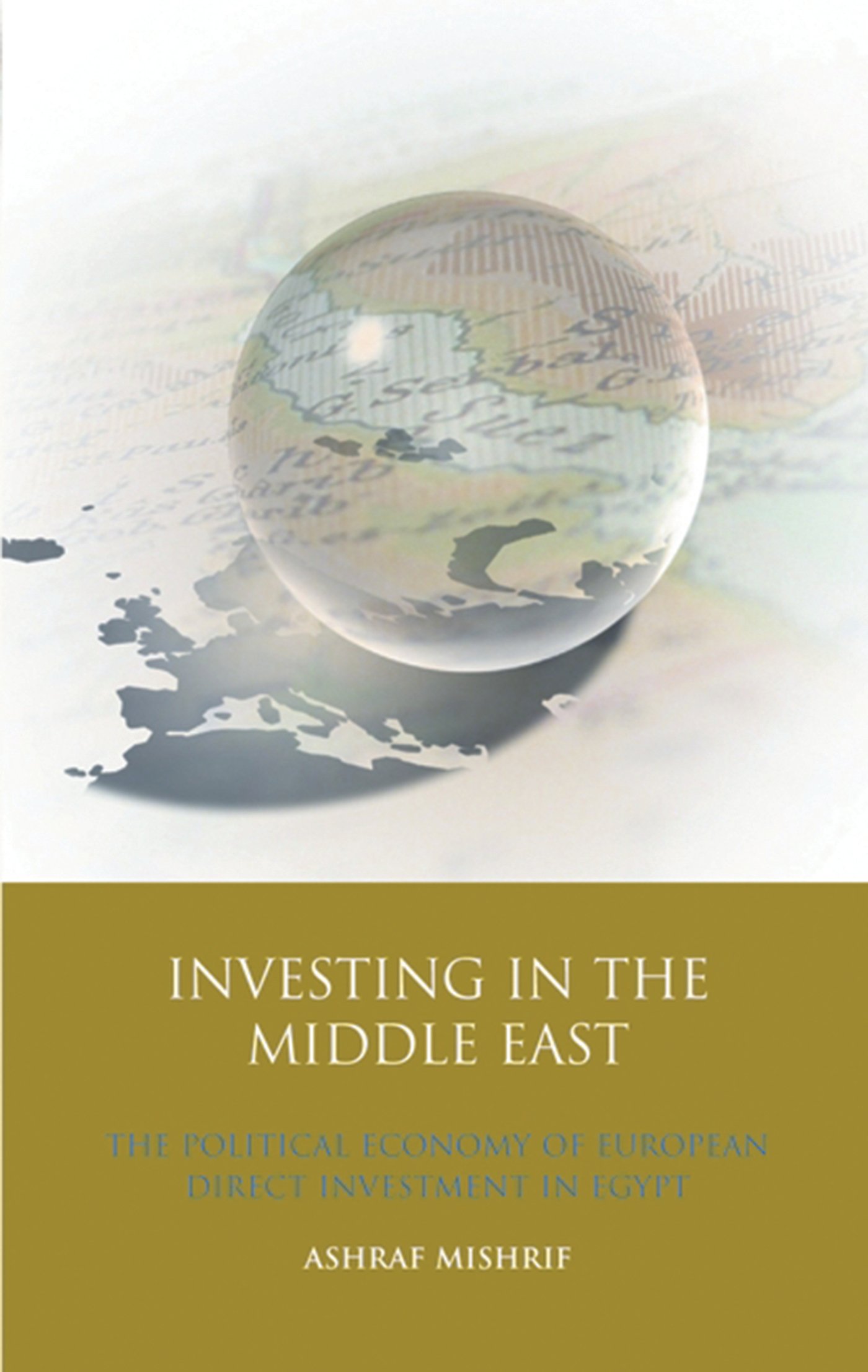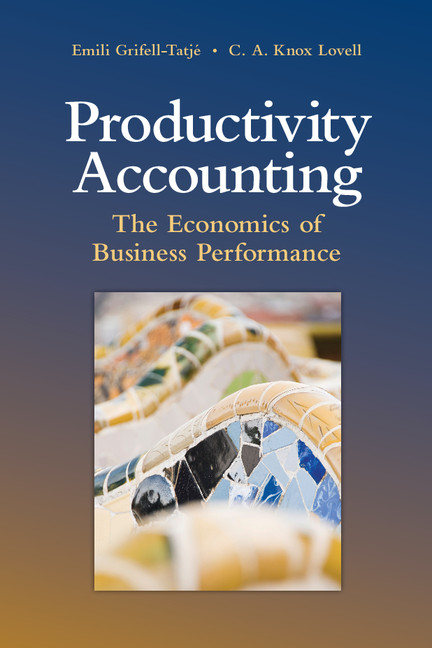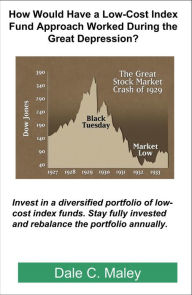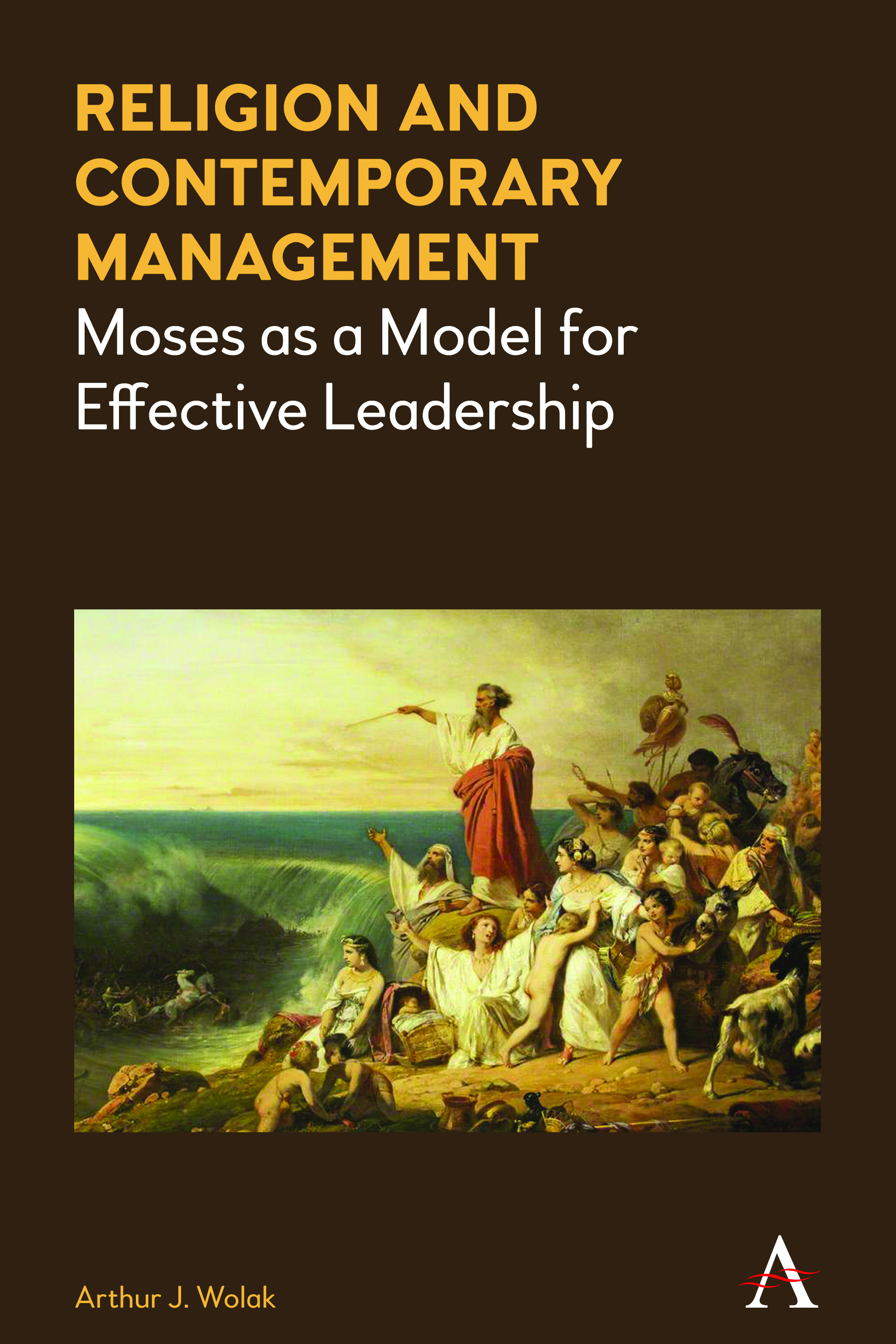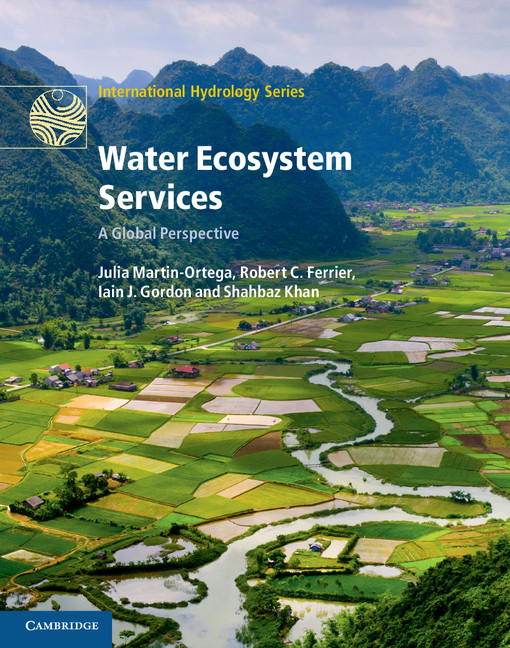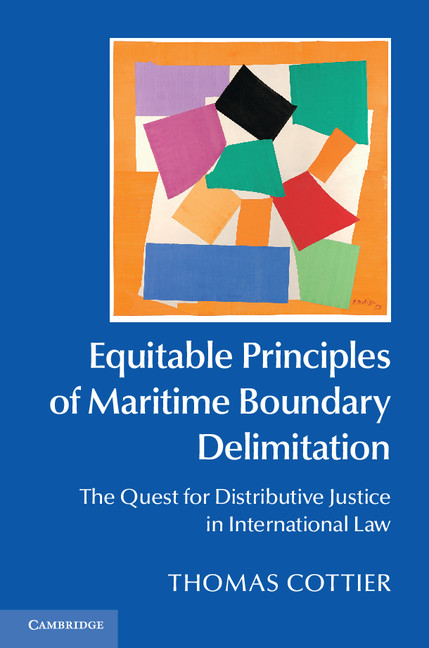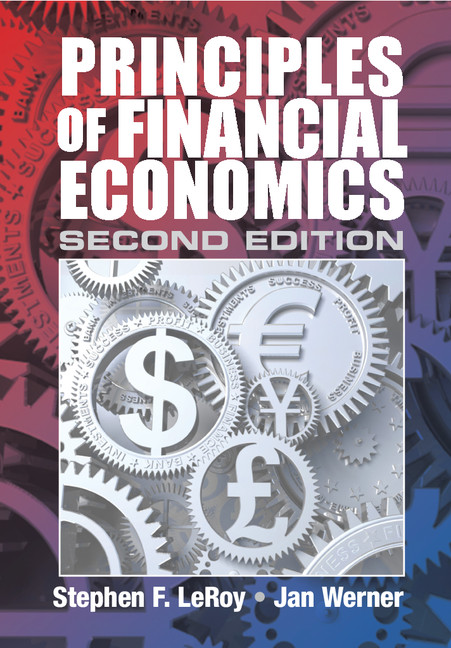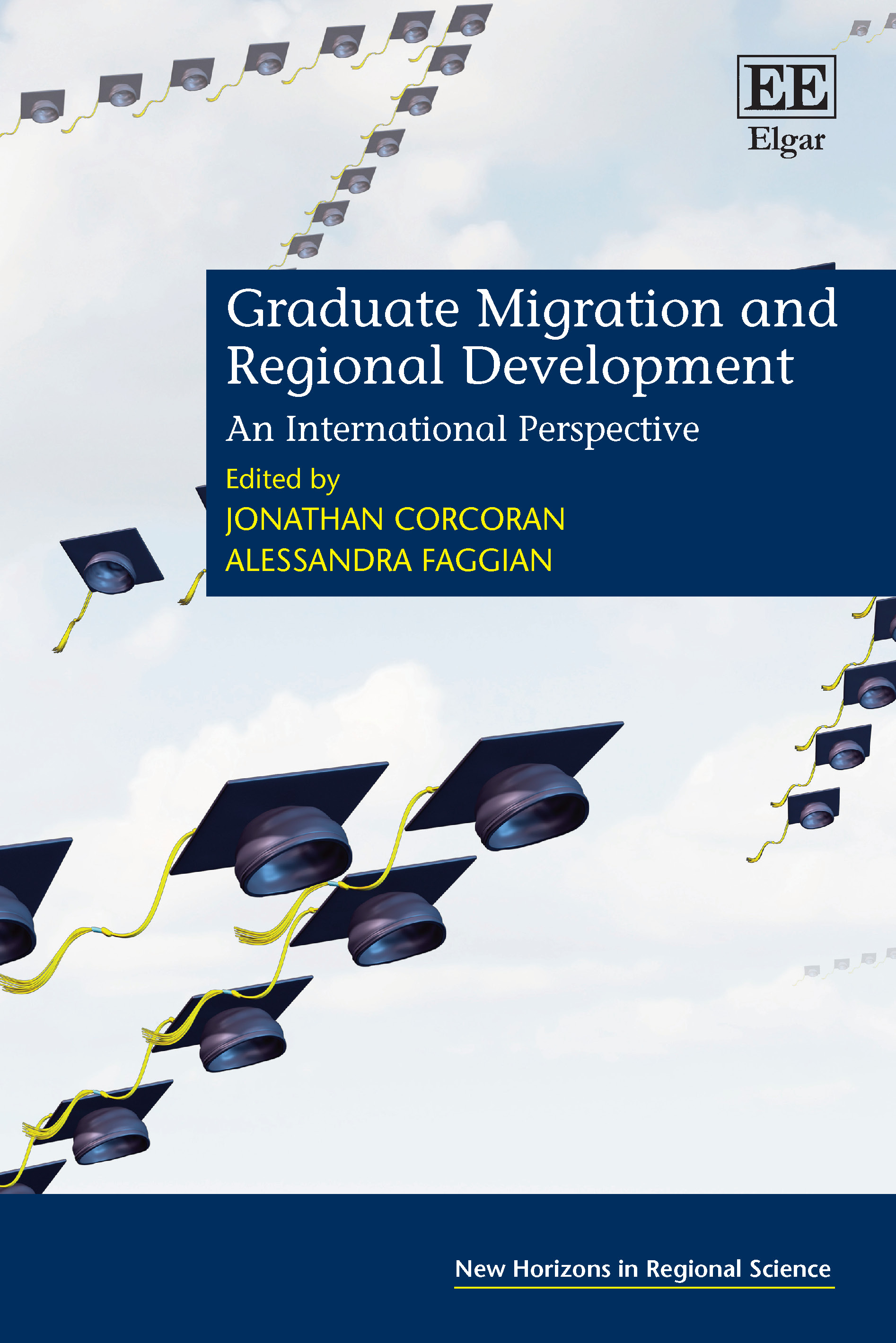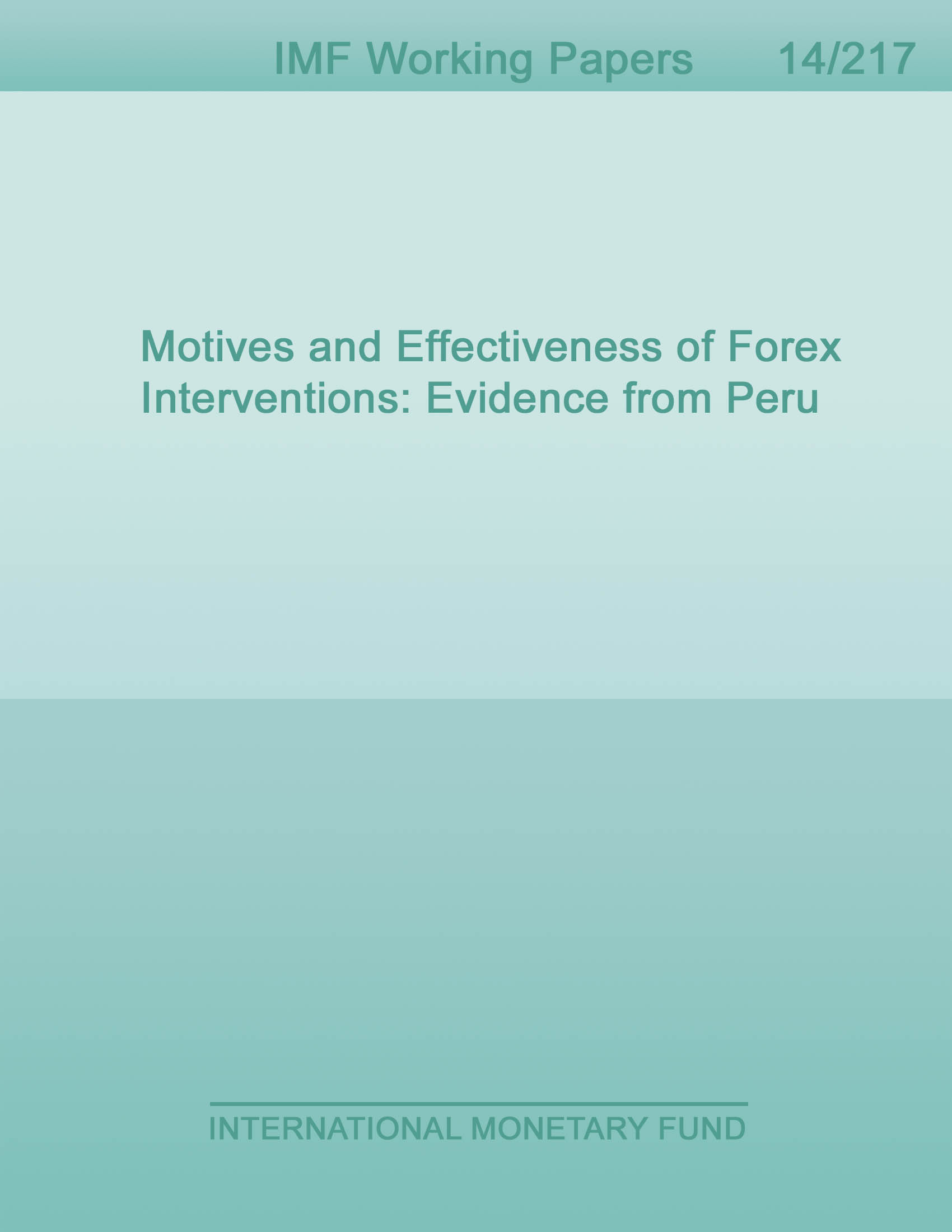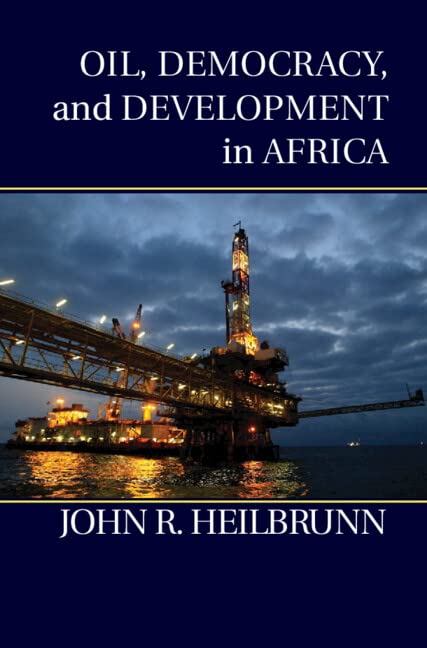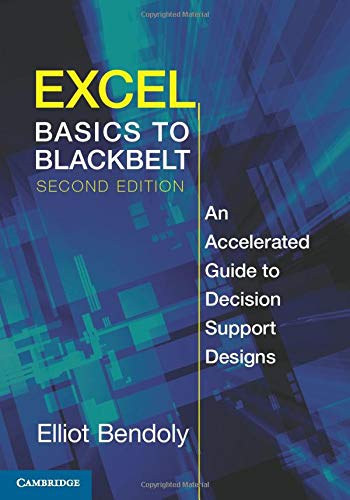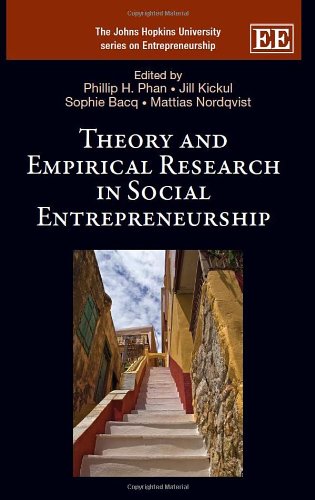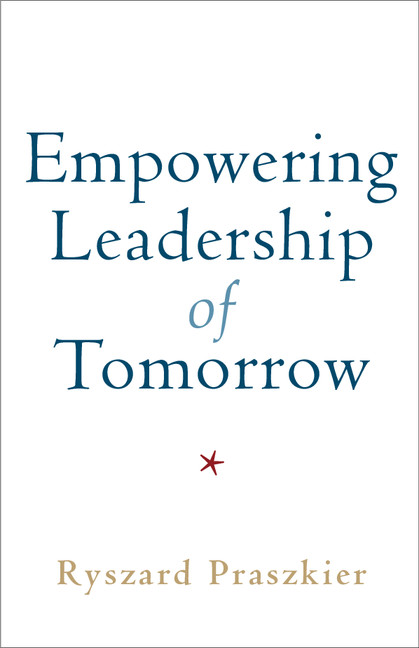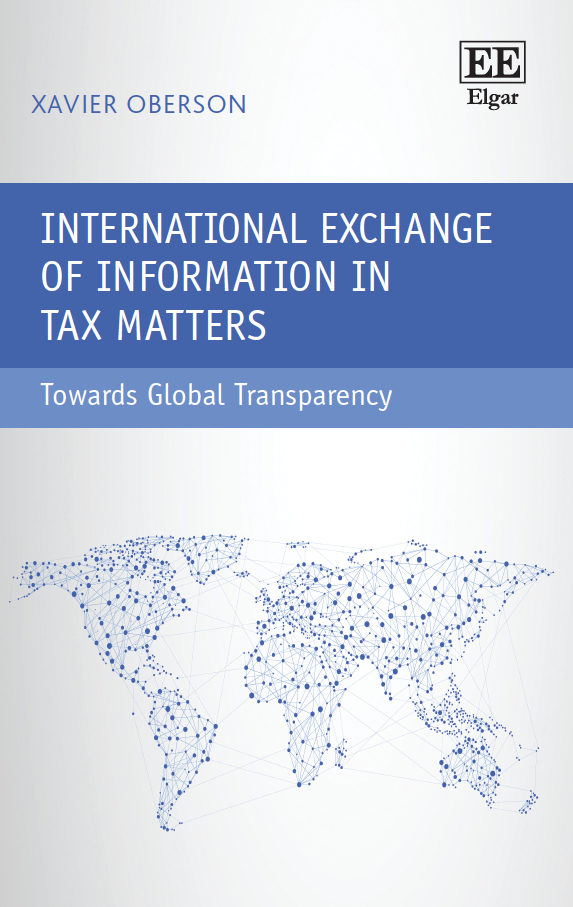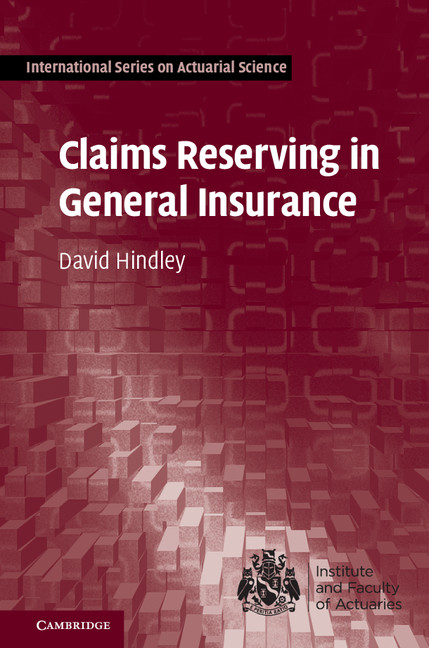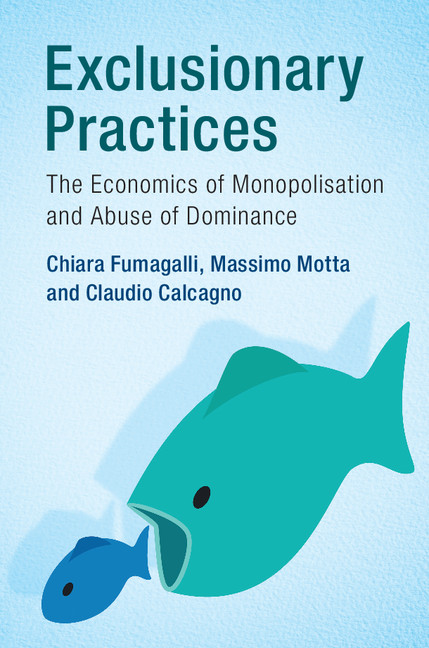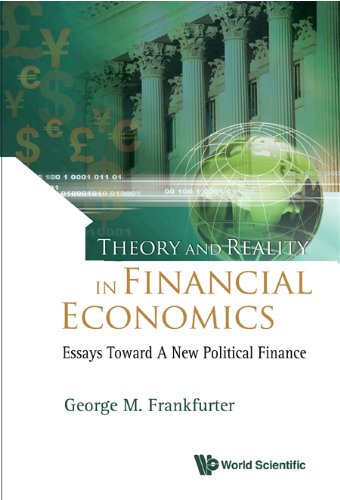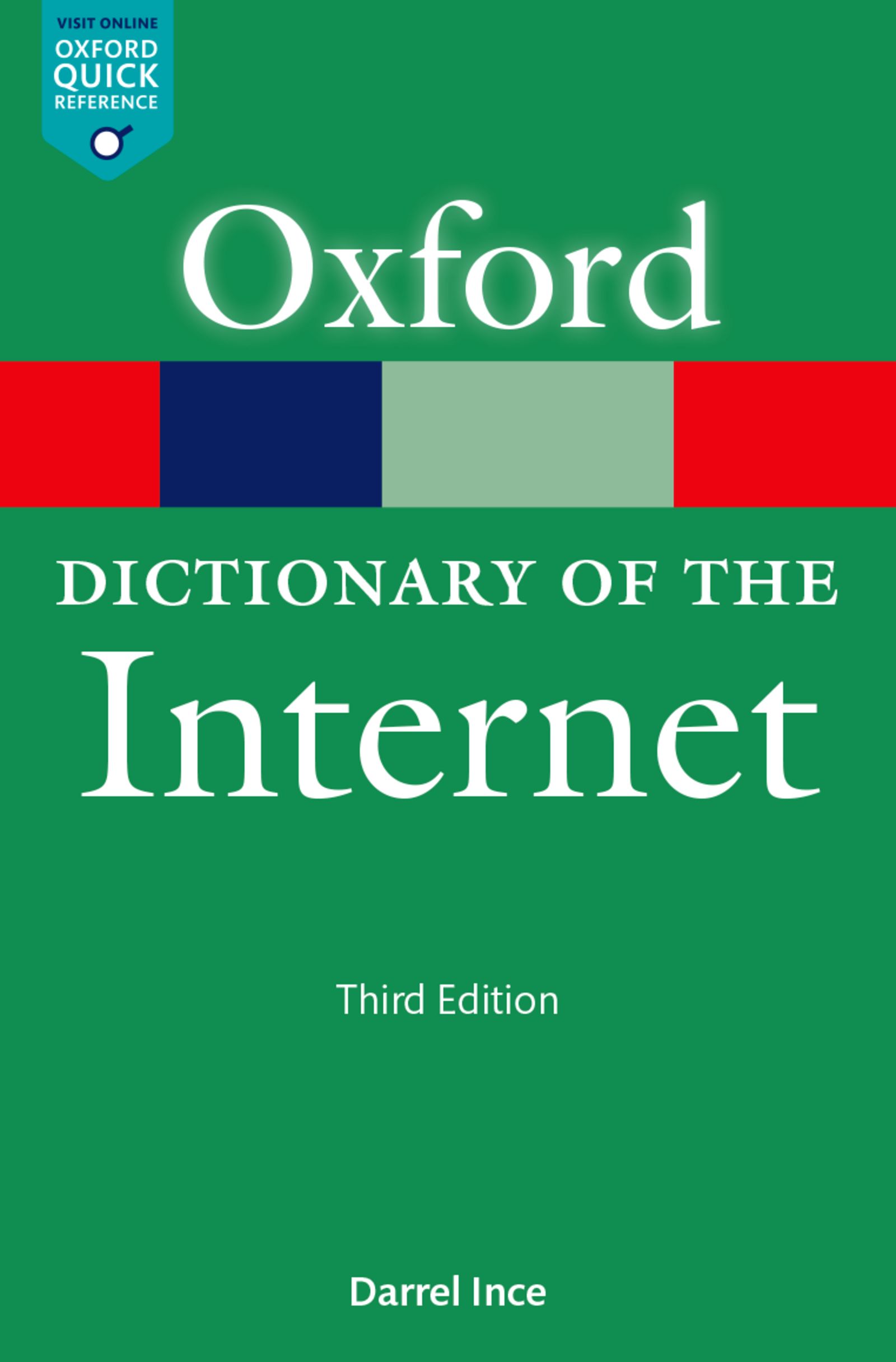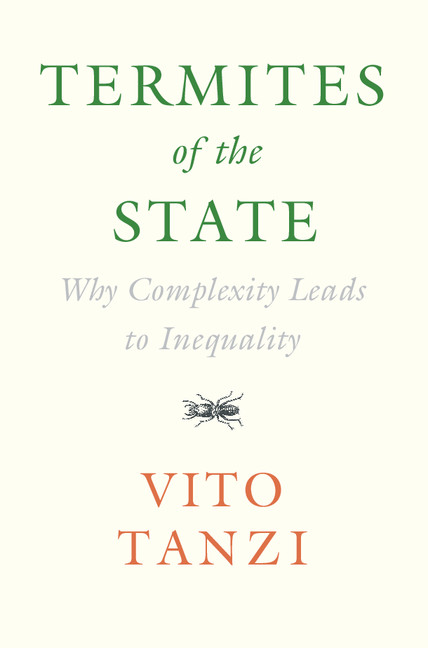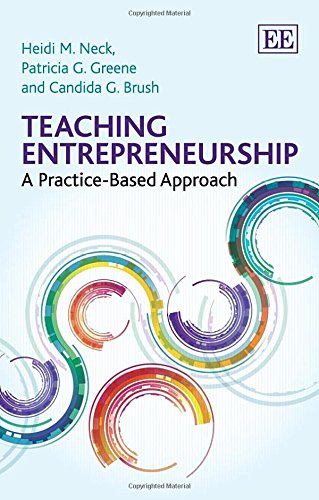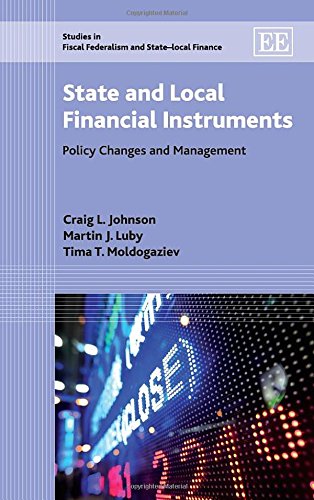Investing in the Middle East
Investing in the Middle East
The effect of foreign direct investment (FDI) on economic development has been widely debated. However, the real challenge is not only to examine the effect of FDI on economic development but also to investigate the most appropriate economic policies...
Read more
The effect of foreign direct investment (FDI) on economic development has been widely debated. However, the real challenge is not only to examine the effect of FDI on economic development but also to investigate the most appropriate economic policies that are conducive to increasing levels of FDI. In this book, Ashraf Mishrif addresses this challenge and examines the interplay between external and internal forces to determine whether recent EU-Egyptian trade agreements have led to any significant improvement in Egypt's investment environment and in the growth levels of European direct investment in the country. Mishrif uses primary data covering a period of 33 years to examine the effect of EU-Egyptian trade agreements under the Global Mediterranean Policy of 1972 and the Barcelona process of 1995 on Egypt's investment environment and the growth and distribution of European capital flows into Egypt's main economic sectors. While determining the static and sectoral distribution of EU capital flows into Egypt's industry, finance, services, tourism and agriculture, Mishrif pays particular attention to the growth and distribution of British direct investment in the manufacturing sector and the socio-economic consequences of that investment in terms of employment generation. Mishrif concludes that, despite the tremendous development in EU-Egyptian economic relations, European direct investment in Egypt continued to encounter a significant number of obstacles that limited its growth in the latetr part of the 20th century. He maintains that if Egypt is now to attract a growth in FDI it must liberalise unilaterally its trade and investment regime and develop its institutions, legal system and regulatory frameworks. This may enable the country to maximise the benefit of the EU-Egyptian Partnership and enhance its attractiveness to foreign investors, particularly from the EU. This important study makes a key contribution to our understanding of the inward investment strategies and options of the Arab World's most populous and powerful player. It will be an essential point of reference for all economists, bankers and investment advisors dealing with the Middle East.
Less


